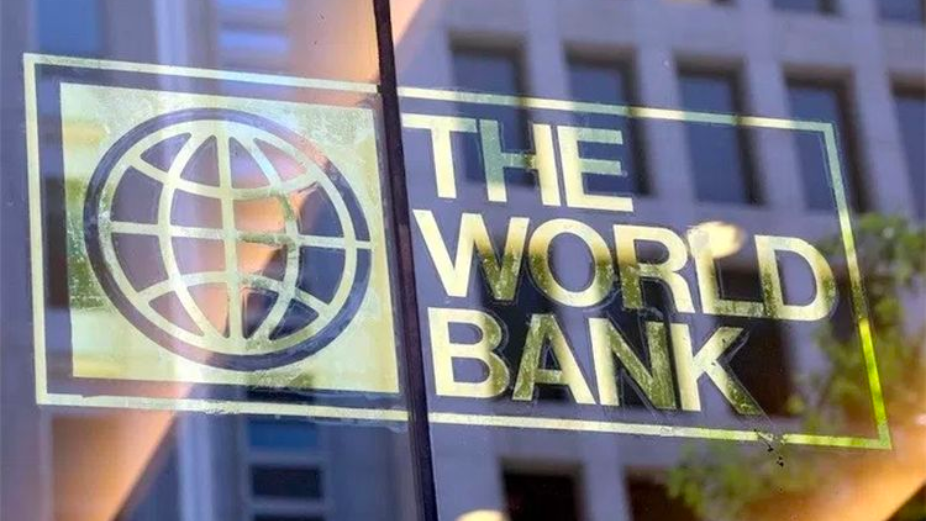
Maldives’ economy is on the road to recovery following the unprecedented shocks of COVID-19. Key reforms can enhance the quality of public spending, strengthen debt management and debt transparency and collect more revenues to finance the country’s development needs, according to the World Bank’s Maldives Public Expenditure Review (PER) launched today.
Much of the increase in public spending and debt over the past five years has financed investments in basic services and infrastructure, especially housing. While these investments can boost long-term growth, making public spending more efficient, transparent, and targeted towards the neediest groups, it is essential to contain the rapid rise in spending and debt. Such reforms are particularly important because Maldives’ economy is highly vulnerable to external shocks such as a global recession and climate change-induced natural disasters.
“This report supports the government’s efforts to reduce the risks to public finances and ensure that public money is well spent in order to secure a more resilient and prosperous future for all Maldivians,” said Hon. Ibrahim Ameer, Minister of Finance. “It will help us identify where and how public money can be better allocated to achieve the Jazeera Raajje vision, while supporting our ongoing and planned reforms to collect additional revenues.”
The PER identifies key reforms to help Maldives strengthen fiscal sustainability, including raising more revenues – especially from domestic sources – by, for example, reducing the Personal Income Tax threshold and gradually raising both the General and Tourism GST rates. The PER also identifies reforms needed to better manage public debt and guarantees. These include revamping the Fiscal Responsibility Act to include guarantees and more stringent monitoring of fiscal risks from state-owned enterprises.
“The Government of Maldives is already planning many reforms to improve the country’s fiscal health. These include raising GST rates, making public sector wages and pensions more equitable, enacting a Debt Law and revamping the Fiscal Responsibility Act,” said Faris. H. Hadad-Zervos, the World Bank Country Director for Maldives, Nepal and Sri Lanka. “The World Bank welcomes the recent proposed GST reforms and stands ready to support the Government to implement these and further reforms to achieve a more resilient and prosperous future for all Maldivians.”
Many of the reforms proposed in the PER intend to make the distribution of public spending more equitable. In the housing sector, for example, implementing income-based targeting would help improve the financial viability of the Rent-to-Own program while also promoting home ownership. As for public sector wages, the National Pay Commission could consider consolidating or eliminating most of the allowances that drive inequity and cap the overtime allowance. The new Public Service Pay Framework is a key first step in the right direction but strengthening wage bill controls and other related reforms is also needed to ensure that the reform is successful. Finally, reforms to eliminate ‘double pensions’ in the civil sector and improve the coverage of the pension system are needed to ensure that both current and future retirees can benefit from the generous scheme.
The Public Expenditure Review is a core analytical product of the World Bank which assesses the quality of government spending and identifies key fiscal reforms that countries need to undertake to achieve better growth and development outcomes. This is the first PER for Maldives since 2002.












